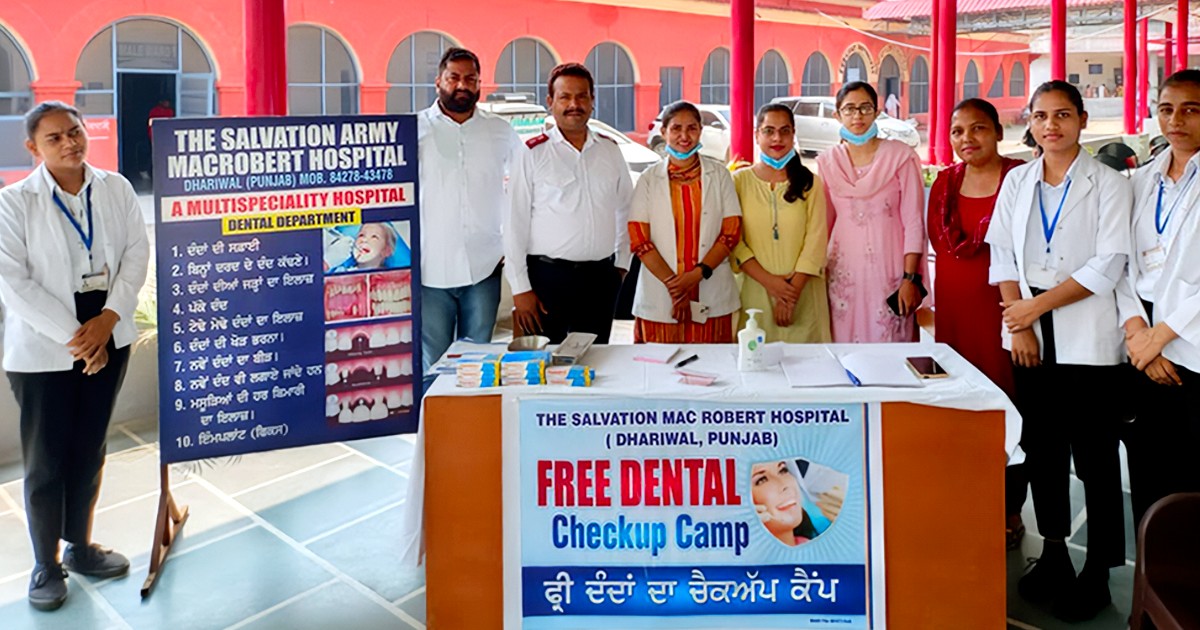The young bride stood in the church foyer with her father, nervously waiting for the cue to walk down the aisle toward her husband-to-be.
She glanced at her father and saw tears in his eyes. But how can that be? she wondered. He was a man who never showed that kind of emotion.
He had never picked her up when she toddled to him as a little girl, had never held her on his lap, never comforted her when she scraped her knee. Her father, crying for her? Impossible!
Still, the evidence was there. It made her wonder if those tears could mean he really cared about her. Although that was something she had never been sure of during her growing-up years, his tears seemed to be telling a different story. And its language was love.
I am well aware of every detail that happened on that remarkable day because I was that young bride.
Loveless Environment
I knew my father as a good man who worked hard to provide for his family. And I knew that he enjoyed being around people, but that he never showed his innermost feelings.
The likely reason for that became known to me when I was in high school. I learned that he was the product of a loveless home life, raised by a single mother who kept him at arm’s length. Experience apparently taught him to stifle his emotions rather than risk provoking her.
And he had nowhere else to go. His parents had separated when my father was a very young boy.
I didn’t understand why my grandparents had married in the first place since I’d been told that my grandmother had never cared much for men. She must have been dreadfully disappointed when the baby she carried turned out to be a boy instead of the little girl she must have hoped for. It was not a great environment for raising a happy, outgoing little fellow.
Studies have shown that physical and emotional abandonment can have damaging effects on young children, and my father had suffered both types—physical abandonment by his father and emotional abandonment by his mother.
Fortunately for my father, he later met and married a happy Swedish immigrant who brought sunshine into his life.
That experience of salvation changes us, bringing love and joy and peace into our lives. And God wants us to share that good news. JOYCE STARR MACIAS
Loving One Another
The reason I’m sharing my wedding-day discovery about my father is to emphasize every human being’s need for love. And we need divine love even more.
Many Psalms are about love. Like Psalm 103:8, “The Lord is compassionate and gracious, slow to anger, abounding in love.” One Bible version uses “steadfast love,” further emphasizing God’s sure, certain and never-failing love.
But it is 1 John 4:9-10 that blows my mind: “This is how God showed His love among us: He sent His one and only Son into the world that we might live through Him. This is love: not that we loved God, but that He loved us and sent His Son as an atoning sacrifice for our sins.”
That experience of salvation changes us, bringing love and joy and peace into our lives. And God wants us to share that good news. 1 John 4:11 tells us to love one another because God loved us.
Showing Love
So, how do we do that?
One way is as simple as smiling at people, something I often do when I’m in the grocery store. Shoppers often look downcast, and I doubt it’s only because of the food prices. But a smile can tell perfect strangers that someone finds them worthy of being noticed. And that in itself is important in our fast-paced world.
We can phone or email someone we haven’t seen in a while or maybe send a card or a quick note. A friend who lives on the other side of the country still sends me a greeting card every now and then with a cheery handwritten message inside that always brightens my day. It’s her way of showing love.
Turning to Jesus
Occasionally, if we are very blessed, we may have the opportunity to share the gospel face to face with someone who needs to hear it. That happened to me not long ago, and I think I was blessed as much as she was.
Our conversation began with her telling me about the loss of a dog she’d had for many years. The dog had to be put down, and she was heartbroken. She knocked on my door that night and cried on my shoulder. I barely knew her at the time, but I just hugged and comforted her for as long as she wanted to stay.
The next day, I went to her home to check on her. She was crying when she opened the door, but this time, she kept saying, “I’m so lost. I’m so lost.” I knew she was talking about the loss of her precious pet, but God put it on my heart to tell her that we are all lost without Jesus.
After explaining what I meant, I asked if she would like to ask Jesus to come into her heart, and she said yes. She sobbed between her words, but I know God heard her. And I believe she was sincere as she confessed her need and turned to Jesus.
Turning back to my father’s story, I had the joy of seeing his heart warm to the grandchildren that came along, especially when he would pick up my little ones and snuggle them the way he had been unable to do with me. Some years later, near the end of their lives, both my mother and father gave their hearts to God.
God’s love had changed us all, bringing home the truth of 1 Corinthians 13:13: “And now these three remain: faith, hope and love. But the greatest of these is love.”
Photo: Chalermphon/Lightstock.com










Leave a Comment